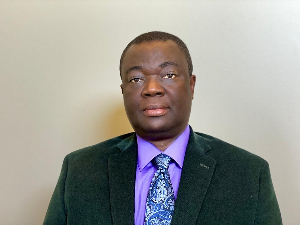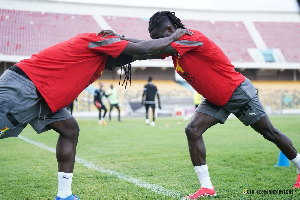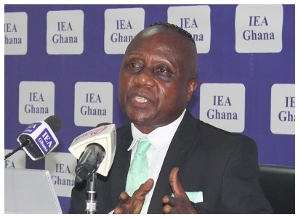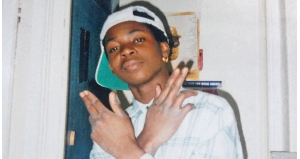The apology rendered by the Inspector General of Police (IGP), Mr. Patrick K. Acheampong, describing the arrest of three TV Africa crew and their subsequent detention in the President's private residence, as a 'regrettable mistake,' is in the right direction and timeous too.
Hopefully, the apology would go a long way in appeasing the victims of that unfortunate incident, even though some of the explanations given sought to evenly apportion blame.
We however hope also that the apology would alert policemen and women that even though they have the right and the authority of the state behind them to ensure law and order prevailed, the manner in which they go about executing some of these duties could be embarrassing to, not only the Service, but the government as well.
It is the hope of The Chronicle that as the IGP said, there is actually going to be collaboration among the Police Administration and the National Media Commission (NMC) and the Ghana Journalists Association (GJA) to iron out areas of possible conflict.
From the submissions made by the IGP, it is clear that not only the President's residence is considered a security zone, but the immediate surroundings as well.
If that is the case, then there is the need for the security to put up a clear notice to that effect. It is when journalists or other members of the public have disregarded such notices and strayed into such a zone that one could justify questioning the 'culprits.'
Putting up such notices must go for all other areas of security concerns. In the absence of such notices, the intended collaboration the Police would like to have with the NMC and GJA 'to work out guidelines on taking photographs as well as entering other places which might be of security concern in the country,' would amount to naught.
The action of the TV Africa crew, filming that private property, two blocks away from the President's private residence, would have been inexcusable if there had been a public notice classifying the area as a security zone.
Laws and all forms of prohibitions must be publicized, before non-compliance with them could constitute an offence.
As far as The Chronicle is concerned, even as the Police Service, admittedly is inundated with more sophisticated forms of crimes that could be giving them a lot of frustrations, as law enforcers, it is important they endeavour to uphold the law all the time.
It is very common for many ordinary citizens to take the law into their hands, when they have arrested a suspect, by subjecting the one to beatings, at times resulting in deaths.
The Police, in spite of their position on the law, have also had their fair share of these abuses of the rights of suspects. That infraction seems to have assumed acceptance in the handling of many suspects.
The Police have has been trying hard to win the confidence, respect and support of the public, in the performance of its service to the people. Cultivating the habit of being courteous to members of the public, no matter their circumstances, would go a long way in bridging the existing gulf.
Again, The Chronicle welcomes the apology and would urge the Police administration to do more, at reorienting their men and women!
However, the IGP's response to a questioner that if it was in the past, the crew would have been given "Revolutionary hair cut," was clearly not in consonance with the earlier expression of regret. It is unacceptable to use the lowest benchmarks as standards of measure.
Editorial News of Wednesday, 27 July 2005
Source: Ghanaian Chronicle
EDITORIAL IGP - That Was Swift, But ...
Opinions











